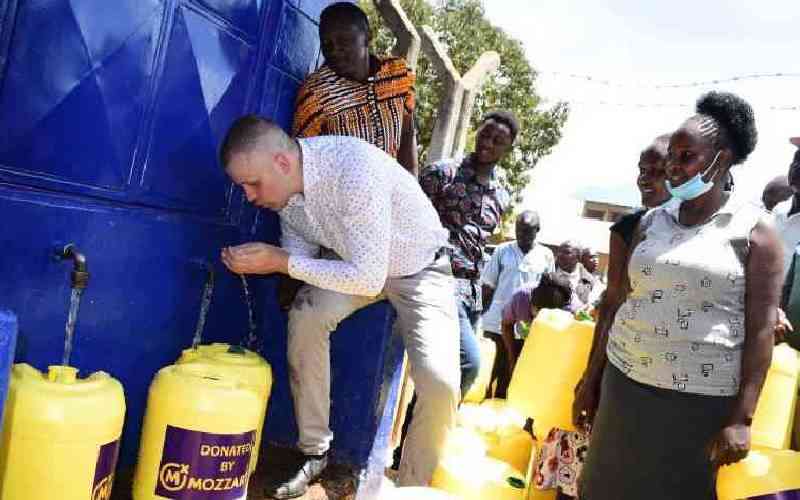×
The Standard e-Paper
Stay Informed, Even Offline

The Water and Sanitation Conference (WASIC) in Nairobi brought together stakeholders in the water sector and called for the privatisation of water supply and sanitation.
During the three-day conference government officials, private sector players, foreign missions and humanitarian organisations held discussions on water availability, safety, accessibility, drinkability, and access to sanitation.